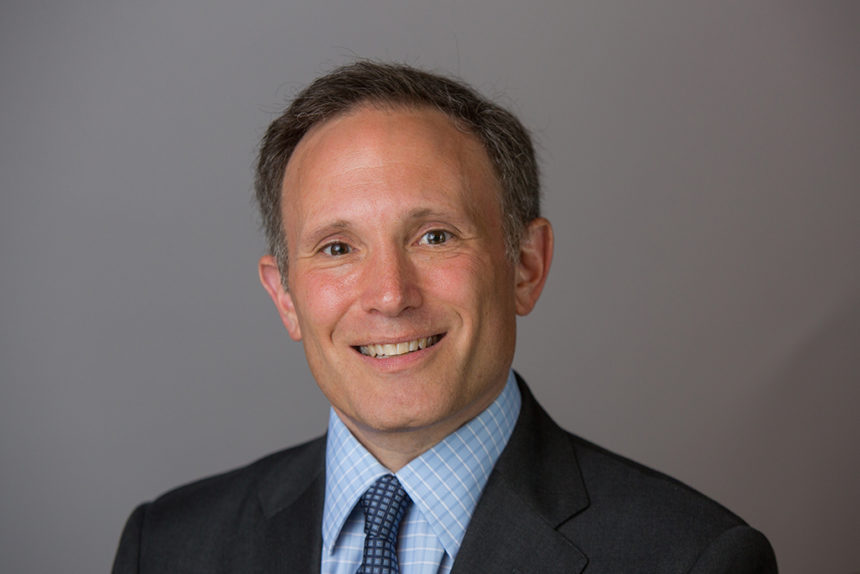Of all the print editions MM+M publishes on an annual basis, the Diversity Issue is the one from which I learn the most. It’s one thing to attempt to move through the world as an open-minded and -hearted person; it’s another to hear from others, especially the thoughtful and eloquent individuals from non-white populations who comprise a majority of the sources in this issue, about the ways in which even the best-intentioned of us fall short.
One such blind spot was revealed as we debated the issue’s cover headline. It was initially penciled in as “Enabling the Differently Abled,” a phrasing that, in our minds, was respectful to individuals with disabilities. Only when I read commentary in the feature from the amazing and inspiring Jill King — a legally blind 22-year-old with axial spondyloarthritis who does advocacy work with Health Union and founded the Students with Disabilities Advocacy Group at Georgia Southern University — did I understand the obliviousness inherent in attempting to soften our verbiage.
“A lot of us prefer the word ‘disabled’ over ‘differently abled’ — the disabled community generally isn’t a fan of those euphemisms,” King told MM+M feature scribe Barbara Peck. “Because disability and the identity with it isn’t a bad thing.”
Nobody was suggesting otherwise, but it still made me wonder: Does the medical marketing business have a word problem? Are its ongoing (and ostensibly sincere) efforts to appeal to a broader range of audiences hobbled by its inability to speak their language?
There’s a way around this, of course: Just ask. In marketing as in journalism as in life, one rarely goes wrong by erring on the side of asking too many questions. When Peck shared the initial headline, King graciously explained her thinking. Engagement breeds empathy.
That kind of engagement is the connective tissue for the content in this year’s Diversity Issue. The industry isn’t doing enough of it with King’s disabled peers or in Asian American communities. By contrast, ViiV Healthcare’s work in the realm of HIV shows that creative engagement can lift both a largely neglected community and the organization attempting to better serve it.
Medical marketing — and MM+M — have a long way to go before their DE&I efforts effect actual, measurable change. Getting the language right is the least we can do.
From the August 01, 2023 Issue of MM+M - Medical Marketing and Media








